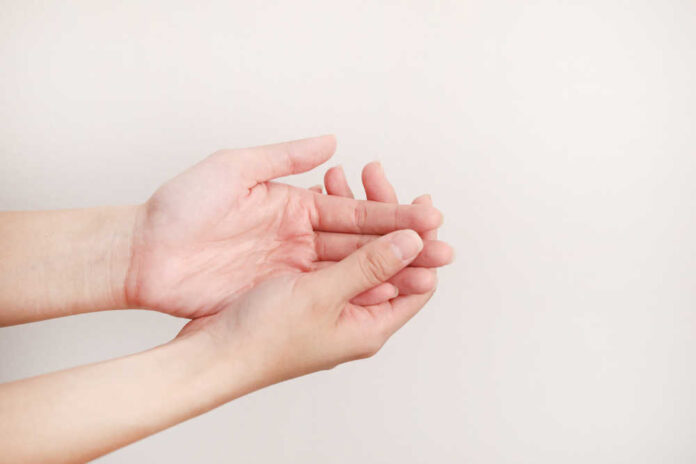
Stroke survivors are known to experience life-changing alterations to their brains. Because of the injury afflicted on the brain, these survivors have been studied to determine whether they experienced different sensations during this period. One such sensation is that one hand is bigger than the other.
Lorimer Moseley, an international pain expert with the University of South Australia, noted that these remarkable findings show us that we are more complex creatures than we previously thought.
Chronic Pain Sufferers v. Non-Chronic Pain Sufferers
In the study by Moseley and his colleagues on 523 stroke survivors, they discovered that more than 3 out of 5 Stroke survivors are living in chronic pain. Therefore, those in chronic pain are bound to easily perceive changes in the movement or sensations of their bodies.
The perception of our bodies occurs in our brains and is often the product of sensory inputs. Memories, beliefs, attitudes, etc., can also shape this perception.
On the result of the study, Moseley stated that as a result of 3 out of 5 stroke patients suffering from chronic pain, it indicates that these patients are suffering from pain 300% higher than the general populace, which majorly attributes to the change in perception. “This is a potential double whammy,” Moseley further stated,” making daily activities more difficult and affecting the quality of life.”
The study’s results additionally brought to light the fact that stroke patients in chronic pain are 2.9 times more likely to perceive that one hand is different from the other in comparison to those not suffering any pain from the stroke.
It’s important to remember that these kinds of bodily changes are not just strange occurrences; they can also hinder the function of the affected body part. According to Dr. Preeti Raghavan, director of recovery and rehabilitation at Johns Hopkins Sheikh Khalifa Stroke Institute, one primary issue stroke patients are usually confronted with is that the moment their perception changes towards the movement of a part of their body, they tend not to use such part again, regardless of whether or not the patient experiences chronic pain.
Conclusion
This perceptual difficulty may be problematic because it affects how you interpret your environment and, by extension, how you use your body. Stroke patients, and perhaps even those experiencing pain, frequently have disruptions in one or more of these, which might affect their perception of how big their hands truly are.






















